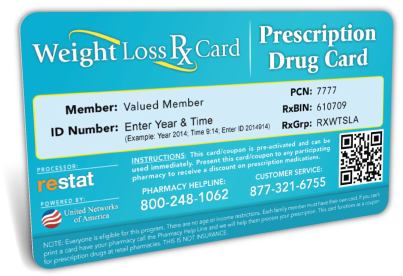A new injectable weight loss drug, branded Saxenda, is now available in the United States. The U.S. Food and Drug Administration approved the weight loss drug just last year and it recently passed another set of tests this summer, reports KSBY.
According to a study published in the New York Journal of Medicine, patients who took Saxenda lost an average of 18 and a half pounds over a period of 56 weeks, states WSFA. On the other hand, patients who participated in the same study and were given only a placebo, lost an average of 6 pounds during the same time period.
The official website for the injectable weight loss drug notes that Saxenda is not for everyone. In fact, it is being marketed for people suffering with obesity, defined as patients with a BMI greater than or equal to 30.
In addition, Saxenda can also be prescribed to people with excess weight given, that these patients have problems shedding pounds due to weight-related medical conditions. Non-obese patients who seek Saxenda prescriptions should have a BMI greater than or equal to 27.
Saxenda is administered through a pen, similar to the one diabetics use for insulin shots. The needle must not be shared or reused and should be changed constantly. The usual prescription of Saxenda will last up to 30 days.
To acclimate the body to the weight loss drug, doctors may start patients with a dosage of 0.6 mg. For the first month, the dosage will increase each week, until the patient is injecting the full dose of 3.0 mg.
The shot is taken once daily at any time it is convenient for the patient. It can be administered with or without food. It is ill-advised to take more than one shot daily, even if the patient has missed a dosage.
Some common side effects of Saxenda include: nausea, diarrhea, low blood sugar (hypor glycemia) and vomiting. Some more severe side effects of the drug include: possible thryoid tumor development, gallbladder complications, pancreatitis and kidney failure.
According to Dr. Mack McFarlane, Saxenda could cost consumers up to $1000 per month. So far, the injectable drug is not covered by health insurance. Dr. Mcfarlane explains that insurance companies do not usually cover weight loss drugs.
Saxenda's active ingredient is liraglutide. In 2010, the FDA approved a different injectable drug, called Victoza, which also contained liraglutide, to treat type 2 diabetes. Drugs.com warns against taking Saxenda and Victoza at the same time, since both drugs contain liraglutide.
